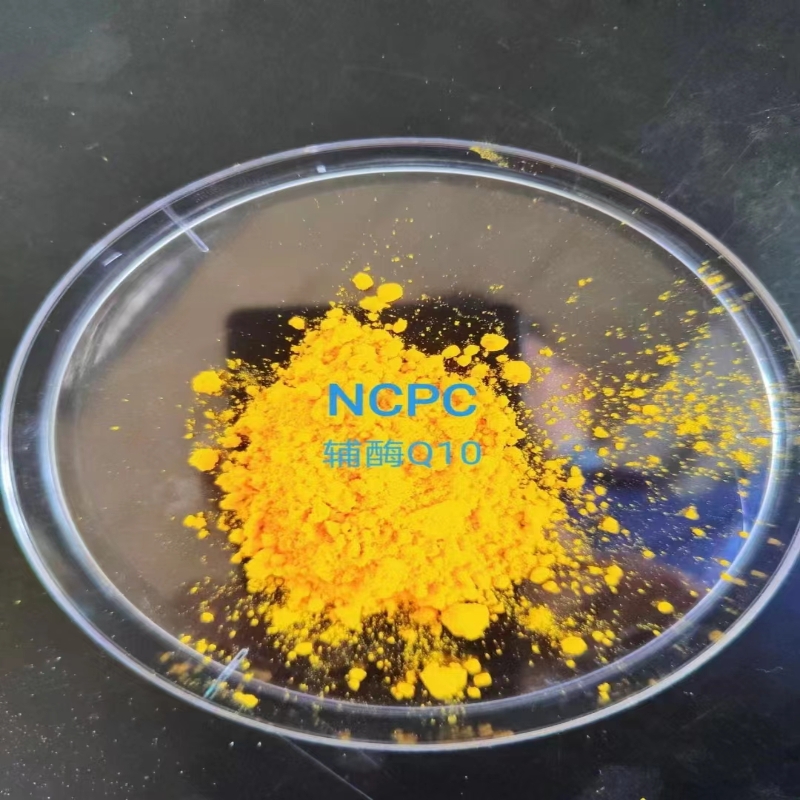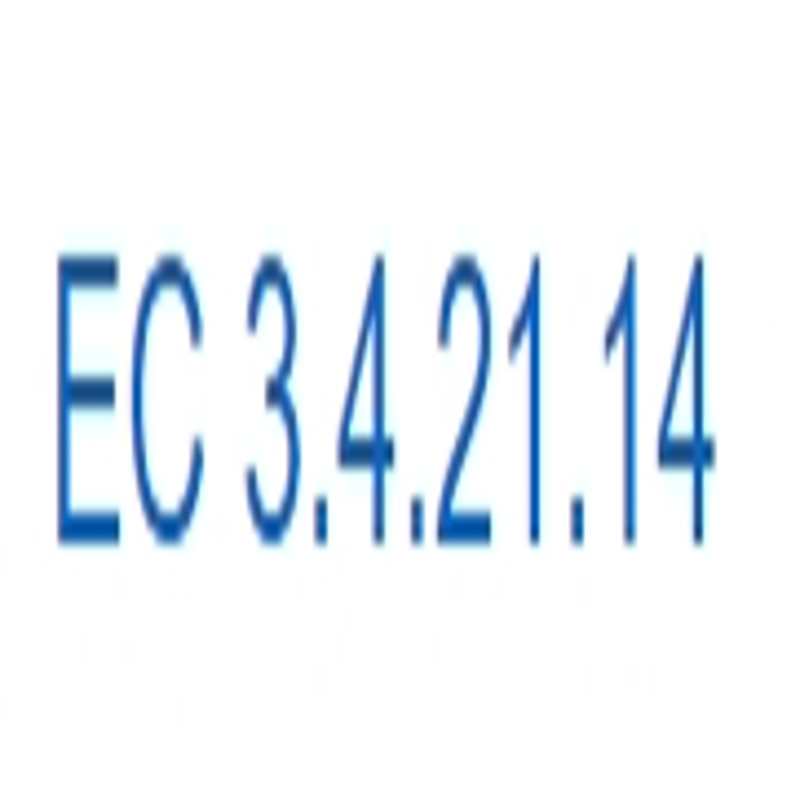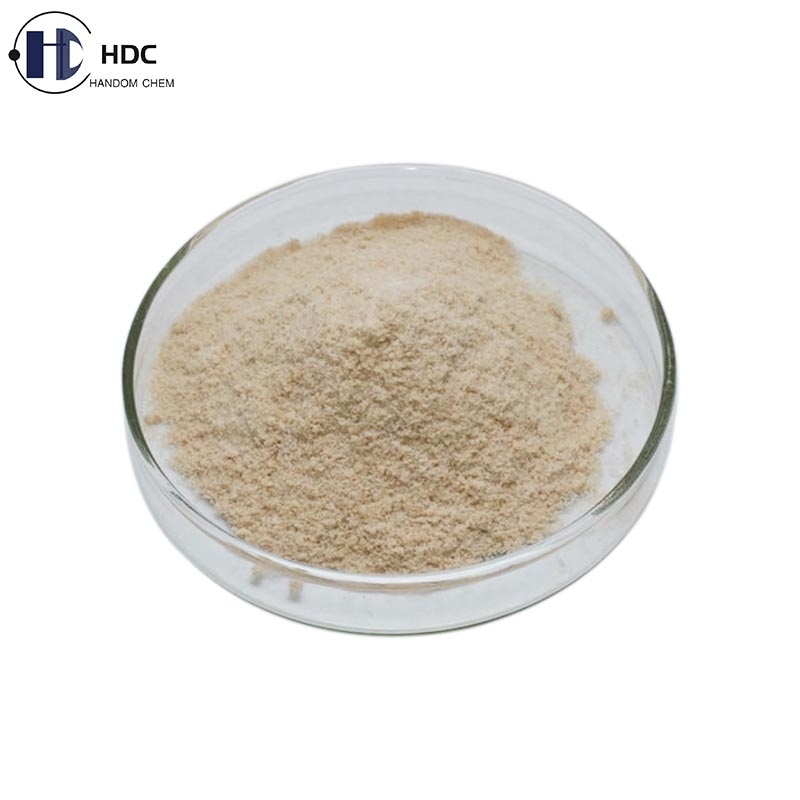-
Categories
-
Pharmaceutical Intermediates
-
Active Pharmaceutical Ingredients
-
Food Additives
- Industrial Coatings
- Agrochemicals
- Dyes and Pigments
- Surfactant
- Flavors and Fragrances
- Chemical Reagents
- Catalyst and Auxiliary
- Natural Products
- Inorganic Chemistry
-
Organic Chemistry
-
Biochemical Engineering
- Analytical Chemistry
-
Cosmetic Ingredient
- Water Treatment Chemical
-
Pharmaceutical Intermediates
Promotion
ECHEMI Mall
Wholesale
Weekly Price
Exhibition
News
-
Trade Service
June 20, 2016 / Biovalley BIOON / - Mayo Clinic researchers identified an enzyme called CD38, which can reduce the nicotinamide adenine dinucleotide (NAD) in the process of aging, which is related to the decline of metabolism in aging It was found that CD38 increased with age in mice and humans The results were published in Cell Metabolism "With the increase of age, people's metabolism and metabolic function will decline The incidence rate of age-related metabolic diseases will increase, such as obesity, diabetes and other diseases According to Eduardo Chini, M.D., "previous studies have shown that nad levels decline during aging in several organisms Part of this reduction in nad appears to be related to a decline in metabolism during aging " The researchers showed that CD38 enzyme is present in inflammatory cells and directly involved in the process of age-related nad decline Comparing 3-month-old and 32 month old mice, the researchers found that the content of CD38 in aged mice increased by at least two to three times, including liver, fat, spleen and skeletal muscle To test whether the increase in CD38 in mice also occurs in humans, the researchers compared the age group of about 34 to about 61 The researchers looked at the population in a similar way to mice, and found that the CD38 content in adipose tissue increased 2.5 times in the elderly group "Future research will develop a compound that can inhibit the function of CD38 and increase the content of NAD in the aging process." Dr Chini said "We are looking at the mechanism of CD38 increase during aging." Dr Chini believes that while further research is needed, these findings are a key step in the treatment of age-related metabolic disorders, including diseases such as obesity and diabetes This article is the original compilation of Biovalley, welcome to reprint! Click for authorization In this paper, the author analyzes the characteristics of M Reid, Antonio Galina, Eduardo N Chini
Nicotinamide adenine dinucleotide (NAD) levels decrease during aging and are involved in age-related metabolic decline To date, the mechanism responsible for the age-related reduction in NAD has not been elucidated Here we demonstrate that expression and activity of the NADase CD38 increase with aging and that CD38 is required for the age-related NAD decline and mitochondrial dysfunction via a pathway mediated at least in part by regulation of SIRT3 activity We also identified CD38 as the main enzyme involved in the degradation of the NAD precursor nicotinamide mononucleotide (NMN) in vivo, indicating that CD38 has a key role in the modulation Of NAD replacement therapy for aging and metallic diseases Recommended time: 2016.10.21-10.22 Venue: Shanghai conference details: http://







